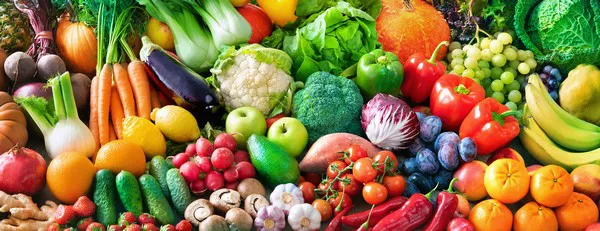A vegetarian diet can provide many health benefits, including lower risk of heart disease, cancer, and diabetes. However, it is important to ensure that you are getting all of the essential nutrients your body needs to function properly. In this article, we will discuss the vitamins you should take if you’re a vegetarian and how to ensure that you are getting the most out of your vegetarian diet.
Vitamin B12
Vitamin B12 is an essential nutrient that is crucial for nerve function, red blood cell production, and DNA synthesis. While vitamin B12 is found in animal products, it can be challenging to get enough of this vitamin on a vegetarian diet. If you are a vegetarian, it is essential to take a vitamin B12 supplement to ensure that your body is getting enough of this essential nutrient. Vitamin B12 can be taken in pill form or as an injection.
Iron
Iron is an essential mineral that is crucial for the production of red blood cells. While iron is found in many plant-based foods, it can be challenging to get enough of this mineral on a vegetarian diet. If you are a vegetarian, it is essential to ensure that you are getting enough iron in your diet. Iron-rich plant-based foods include spinach, lentils, tofu, and quinoa. Additionally, taking an iron supplement can help ensure that your body is getting enough of this essential mineral.
Calcium
Calcium is an essential mineral that is crucial for bone health and muscle function. While calcium is found in many dairy products, it can be challenging to get enough of this mineral on a vegetarian diet. If you are a vegetarian, it is essential to ensure that you are getting enough calcium in your diet. Calcium-rich plant-based foods include kale, broccoli, almonds, and tofu. Additionally, taking a calcium supplement can help ensure that your body is getting enough of this essential mineral.
Vitamin D
Vitamin D is an essential nutrient that is crucial for bone health, immune function, and mood regulation. While vitamin D is synthesized by the body when the skin is exposed to sunlight, it can be challenging to get enough of this vitamin on a vegetarian diet. If you are a vegetarian, it is essential to ensure that you are getting enough vitamin D in your diet. Vitamin D-rich plant-based foods include mushrooms and fortified plant-based milks. Additionally, taking a vitamin D supplement can help ensure that your body is getting enough of this essential nutrient.
Omega-3 Fatty Acids
Omega-3 fatty acids are essential fats that are crucial for brain function, heart health, and inflammation regulation. While omega-3 fatty acids are found in many fish and seafood products, it can be challenging to get enough of these essential fats on a vegetarian diet. If you are a vegetarian, it is essential to ensure that you are getting enough omega-3 fatty acids in your diet. Omega-3 fatty acid-rich plant-based foods include chia seeds, flax seeds, and walnuts. Additionally, taking an omega-3 fatty acid supplement can help ensure that your body is getting enough of these essential fats.
Conclusion
A vegetarian diet can provide many health benefits, but it is important to ensure that you are getting all of the essential nutrients your body needs to function properly. By taking a vitamin B12 supplement, an iron supplement, a calcium supplement, a vitamin D supplement, and an omega-3 fatty acid supplement, you can ensure that your body is getting the essential nutrients it needs on a vegetarian diet. Additionally, it is important to eat a variety of nutrient-dense plant-based foods and to listen to your body’s needs. By following these guidelines, you can make the most out of your vegetarian diet and maintain optimal health and wellness.
[inline_related_posts title=”You Might Be Interested In” title_align=”left” style=”list” number=”6″ align=”none” ids=”4023,4021,3988″ by=”categories” orderby=”rand” order=”DESC” hide_thumb=”no” thumb_right=”no” views=”no” date=”yes” grid_columns=”2″ post_type=”” tax=””]































